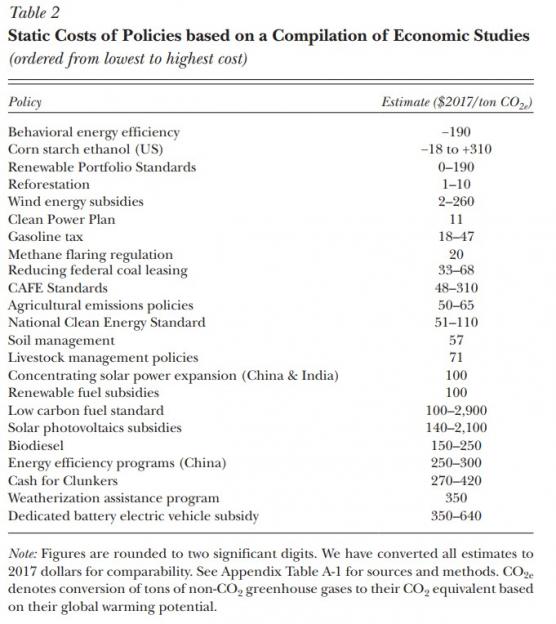This is absolutely not how a member of a government that is trying to defend the World Trading Organisation's rules-based framework should be behaving.
From Question Period late yesterday:
David Seymour: Has the Minister had advice in any form that some of his provincial growth fund expenditure may have to be reported to the World Trade Organization as it qualifies as agricultural subsidies—the first time New Zealand would have reported such subsidies in 25 years?The WTO is under substantial threat. New Zealand desperately needs the continuation of a strong rules-based trading system.
Hon SHANE JONES: Yes. Naturally, advice has been sought from the foreign affairs department. However, given that the adjudication and the appeals of so-said international trade body are in a state of disarray, I'm not bothered by that at all.
It is bad enough that Shane Jones's provincial growth fund threatens New Zealand's subsidy-free agricultural system. But saying, effectively, that he doesn't care what the WTO thinks because it's useless - that completely undermines everything Minister Parker has been working for in our international trade positioning.
Update: I'd caught this on Morning Report this morning, but couldn't remember at what point in the broadcast. They've helpfully pointed me to it. Radio NZ also reports that Shane Jones's outfit had to change a press release about a loan to Taranaki Pine; a reference to the loan helping to make the factory competitive was removed.
But if that was part of the reason for providing the loan, whether or not it's mentioned in the press release should be irrelevant to whether it's something that gets us in trouble with WTO.
Labour needs to keep a closer eye on what its coalition partner is up to here. They are putting too much at risk.



